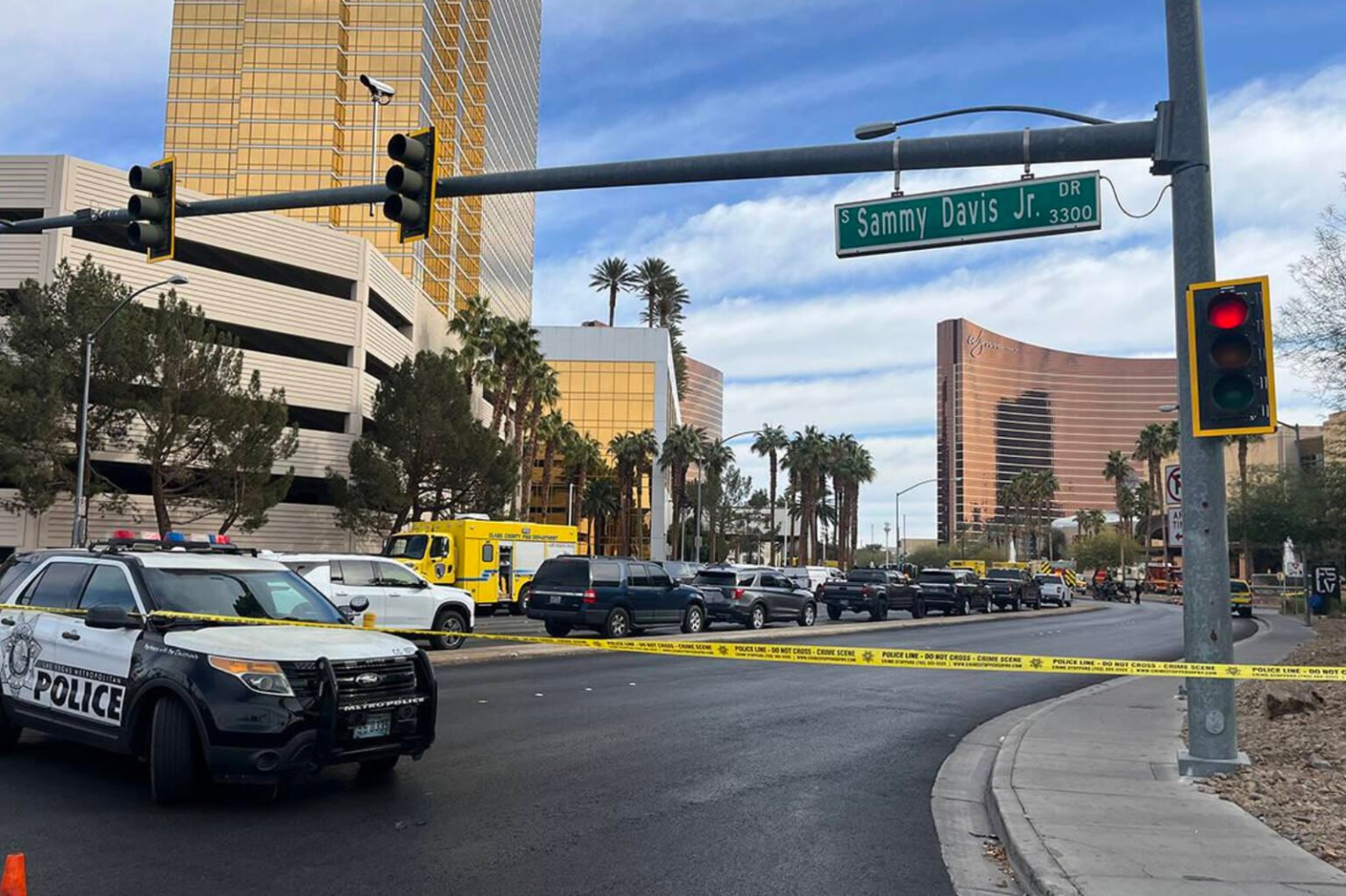Two individuals rented cars from Turo, a peer-to-peer car-sharing platform, and used them to perform acts of violence earlier this week.
First, a military veteran driving a Ford F-150 Lightning drove into a crowd of people, killing at least 15. Then, an active-duty Green Beret rented a Tesla Cybertruck, parked it in front of the Trump International Hotel in Las Vegas, and allegedly blew it up. The driver died by suicide.
On Friday, Turo’s chief executive, Andre Haddad, said in a statement that he is “outraged” thinking about “how egregiously the two individuals who perpetrated these heinous crimes abused our platform.”
Haddad noted that Turo is consulting with national security and counterterrorism experts “to learn more about how we can get even better and play our part in helping prevent anything like this from happening ever again.”
The Tech Spot has asked for more information about Turo’s background checks for renters and specifically how it is working with law enforcement and counterterrorism experts to prevent such cases from happening in the future.
In a briefing held late afternoon Wednesday, McMahill said the Cybertruck was rented in Colorado via peer-to-peer rental company Turo and driven to Las Vegas, arriving around 7:30 a.m. PT.
McMahill also noted that the Ford truck in the New Orleans attack was rented via Turo. He called it a “coincidence” and said it was being investigated. Turo, which was founded in 2010 and has been compared to the Airbnb for cars, allows private car owners to rent out their vehicles through the startup’s website or app. The company, which filed for an IPO in 2022, was expected to go public this year.
A Turo spokesperson told The Tech Spot in an emailed statement the company is working with law enforcement.
“We are heartbroken by the violence perpetrated in New Orleans and Las Vegas, and our prayers are with the victims and families. We are actively partnering with law enforcement authorities as they investigate both incidents,” the emailed statement said. “We do not believe that either renter involved in the Las Vegas and New Orleans attacks had a criminal background that would have identified them as a security threat. We remain committed to maintaining the highest standards in risk management, thanks to our world-class trust and safety technologies and teams that include experienced former law enforcement professionals.”
McMahill said law enforcement was looking for secondary devices, adding there does not appear to be any further threat to the Las Vegas community. “If that changes, obviously you will hear directly from me to provide any update to you,” he said.
Tesla CEO Elon Musk posted several notes on X, initially stating that the “whole senior Tesla team is investigating” the incident. “Will post more information as soon as we learn anything. We’ve never seen anything like this,” Musk wrote.
Musk later posted that the vehicle was operating as normal, according to telemetry data he said the Tesla team viewed.
“We have now confirmed that the explosion was caused by very large fireworks and/or a bomb carried in the bed of the rented Cybertruck and is unrelated to the vehicle itself. All vehicle telemetry was positive at the time of the explosion,” he wrote.
McMahill personally thanked Musk for providing law enforcement with specific information about the operation of the Cybertruck as well as video from Tesla charging stations used by the individual.
The incident comes as Musk, who also owns X, maintains a close connection to President-elect Donald Trump. A review of Musk’s flight data showed at least 31 flights to or from Trump’s Mar-a-Lago property in Florida. This week, the NYT reported that Musk has been staying at a cottage on the Mar-a-Lago property.




